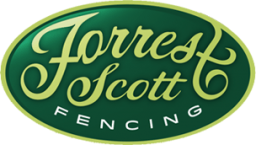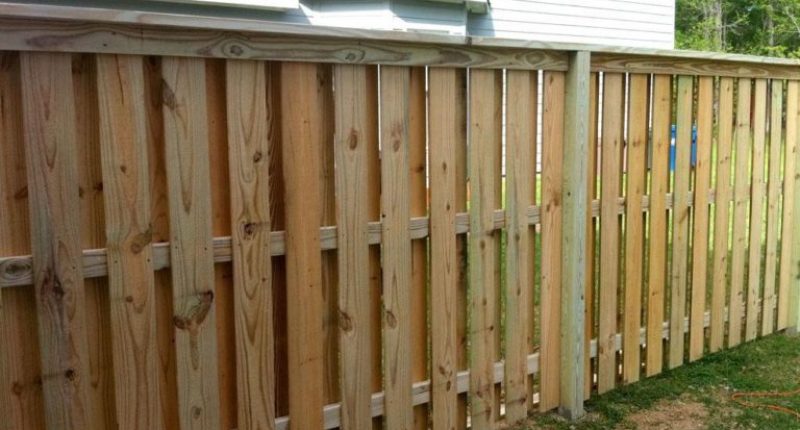If you’re in the market for a new wood privacy fence for your home, you’re probably looking at the various different styles of fences that you can have.
Do you want a capped fence?
Do you want a Creole style fence to add some Southern Louisiana charm to your property?
There are so many different styles of wood fences, the design choices can be overwhelming!
While it’s important that you know what style and design of fence you want, you should also carefully consider which type of wood to choose. After all, different types of woods available here in the South for privacy fences have different strengths and qualities.
And if you’re making the investment in a fence, you want something that will endure the hot and wet weather and the humidity and storms we have here in Southern Louisiana.
But how are you – someone who is unfamiliar with the fencing industry – supposed to pick a high quality, durable wood that withstands our unpredictable weather and the tests of time?
We’ve been in and around the Southern Louisiana fencing business since the 1980s, and have installed several thousands of wood privacy fences over the years. And based on our experience, we’re here to tell you that “builder grade” material just doesn’t cut it.
Why You Should Consider Something Other Than “Builder Grade”
Here in Southern Louisiana, a builder grade wooden privacy fence is made of treated pine.
While a treated pine fence can accomplish your goals in providing a border for your property and privacy for your backyard, there are some drawbacks. These include:
- Lowered durability: Chemically treated pine fences just don’t stand up to other materials. Treated pine fences will warp, crack and split over time. Not only are these structural issues that could affect the integrity of your fence, but they’re aesthetic problems, too. Nothing drops your curb appeal – and home value – like a fence that’s falling down.
- Changing colors: As the hot and humid Southern Louisiana sun beats down on your treated pine fence, you’ll begin to notice over time that it is changing colors – and not evenly. Unfortunately, this is an expected experience for treated pine fences. Unable to pressure wash these color changes away, you’ll be left with a multi-colored fence that you’ll either need to paint or stain to maintain your curb appeal, that is, if it’s holding up well.
- Lowered Lifespan: When you invest in something like a privacy fence, you want it to last a very long time – especially if we’re talking about adding or replacing a privacy fence on your forever home. Unfortunately, a treated pine fence just isn’t designed to do that job. On average, a chemically treated pine fence lasts only half as long as a cedar fence, the next best alternative which we’ll be discussing below.
Reasons to Consider a Higher Quality Cedar Fence
If you’re looking for a high quality building material for your fence, you need look no further than cedar. This highly durable wood offers several advantages over treated pine fences, including:
- Better Durability: While treated pine fences tend to warp, crack and split, cedar fences have a higher durability and are built to last. In fact, on average a cedar fence will last twice as long as a treated pine fence, making it well worth the extra investment, especially when it comes to fencing in the yard of your forever home.
- Perfect for Southern Louisiana: We all know two things are true of Southern Louisiana: it gets hot and humid, and there are a ton of insects! Luckily, cedar fences are insect-resistant and stand up to our weather very well, without discoloring, warping, etc.
- Non-toxic: Cedar is such as durable wood in and of itself, that it doesn’t require any chemical treatments prior to the fence being built. This means you don’t introduce toxins in your environment, and you have a greener, earth friendlier fence.




